19.02.2022/XNUMX/XNUMX / Tips & things worth knowing
Maritime animal welfare in Europe
The sea provides food, energy and clean air. For us it goes without saying and is essential for survival. Nevertheless, humans are busy overexploiting the oceans and it is "five to twelve" here too. This means that if we don't do something about this development as quickly as possible, the consequences will catch up with us and hit us with full force.
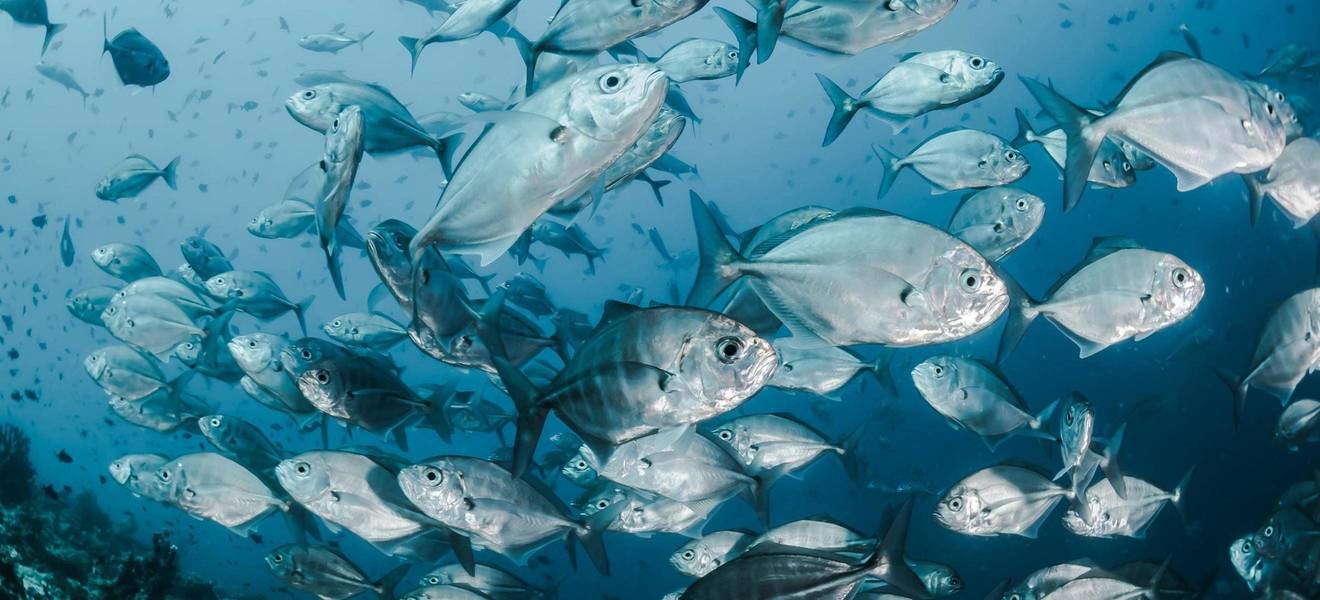
overfishing
The sometimes huge, sometimes tiny, sea creatures, whose world, the sea, is even more unexplored than the moon, live on 70% of our beautiful planet. However, it could be that there will be no more fish in around 50 years. The reason for this is we, humans, the fish's greatest enemy.
Will there soon be no more fish?
Overfishing is the massive depletion of fish stocks in a body of water by fishing, when more fish are caught than the animals naturally reproduce. This in turn has the catastrophic consequence that the fish populations cannot recover and die out in the long run. A numerical example: in the 1970s only 10% of EU waters were overfished, today it is over 90%! In plain language this means that if we do not take active countermeasures as quickly as possible, there will be no more fish in about 50 years!
For one kilo of shrimp, nine kilos of marine animals must die
In trawling, huge nets, some as big as four football fields, are used to catch huge amounts of fish. 500 tons of fish fit into such a large net, and a lot of bycatch gets into the nets. Incidentally caught marine animals are referred to as bycatch. These are accepted with approval in order to achieve higher catch quotas. A normal shrimp cutter throws 80-90% of the caught animals back into the sea, where they then die miserably from the consequences of captivity. For one kilogram of shrimp, around nine kilograms of other marine animals are killed.
Aquaculture - an alternative?
In order to relieve the wild fish, almost 50% of our fish needs are now grown in aquaculture. But most of the fish that vegetate there are predatory fish, which in turn feed on fish. For one kilo of farmed salmon, five kilos of caught fish are fed. In aquaculture, you convert one type of fish into another, but you never produce more fish.
Plastic waste, oil and chemicals
The factors threatening the fish are unfortunately many and varied. Lots of garbage and oil pollute the sea and destroy the natural habitat of marine animals. Numerous chemicals and other pollutants get into the water through oil and gas platforms built in the sea, causing great damage. However, overfishing is one of the greatest threats to marine flora and fauna.
The "Blue Manifesto"
At the beginning of 2020, 102 environmental protection organizations presented the “Blue Manifesto”. This action plan describes specific behaviors and methods that must be implemented within a certain time window in order to protect the coasts and seas from destruction. The “Blue Manifesto” demands, among other things, that the pollution of the oceans must stop, that a switch to gentle fishing must take place, that measures must be taken to restore healthy marine ecosystems and that at least 30% of the oceans be placed under high and highest protection must be by 2030.
We can do that
You can achieve a lot in your everyday life to counteract overfishing and the ongoing destruction of maritime ecosystems. For example, buy fewer plastic-wrapped fruit and vegetables and eat less or no fish, or pay more attention to where the fish comes from.
Volunteering in marine conservation
In Greece, Italy, Spain (Tenerife) and Croatia we have very dedicated teams who are passionate about the maritime animal welfare insert. There you can take part in volunteer projects and learn a lot about marine, nature and animal protection on the one hand and actively help on the other. you explored Whales and dolphins, sea turtles and many other sea creatures, take part in beach cleaning campaigns and educate the local population about the consequences of overfishing and the importance of species conservation.
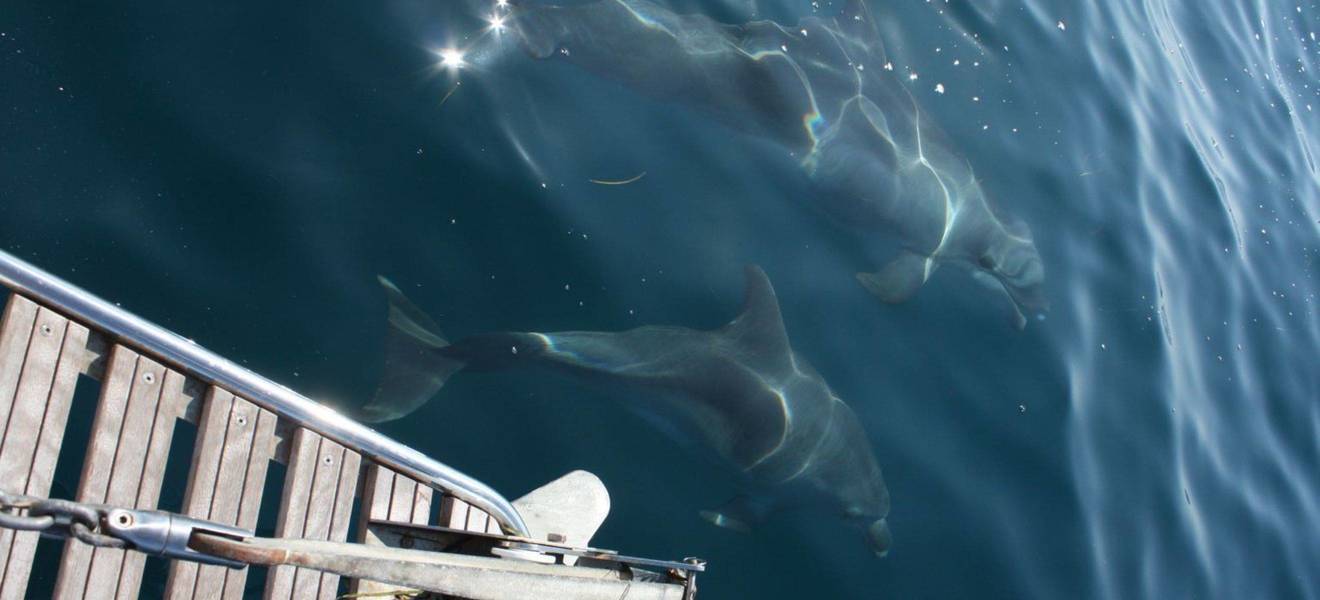
All information about maritime volunteering in Europe
In the Whale and dolphin protection project in Italy you research the local marine population. The special feature here is that you will spend the entire working time on a boat and will also sleep there.
Also in Greece you can, for example, in the Environmental protection in the Ionian Islands support or you on Crete for turtles . use
Im Marine protection project in Tenerife It is about collecting research data about the whales living locally and about the consequences of whaling and environmental and animal protection.
In Croatia you sit down as a volunteer for dolphin research one, especially for the study of the bottlenose dolphin, which is in danger of extinction.
Get in touch us and let you know! We are happy to advise you and look forward to seeing you!
More projects that interest you could
Have you not yet discovered a suitable program for your time abroad? No problem, we will present you more Volunteer projects abroadthat might pique your interest.
Are you perhaps still at the beginning of thinking about your trip and have no idea what might be right for you? Whether you want to go abroad as a volunteer for a short time, or if you prefer FSJ up to 12 months abroad afford? Maybe there is one Internship abroad in a specific subject area the best way for you to gain experience abroad?
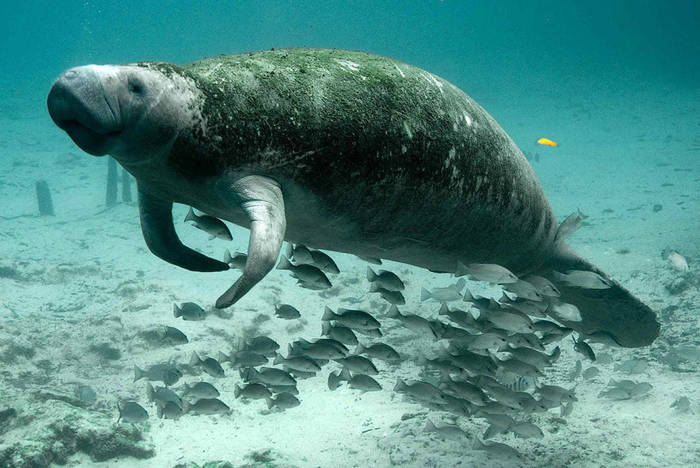
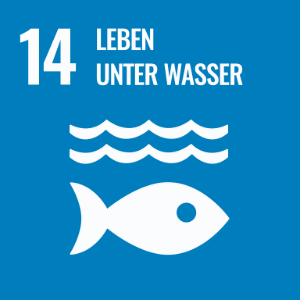
Sri Lanka | turtles
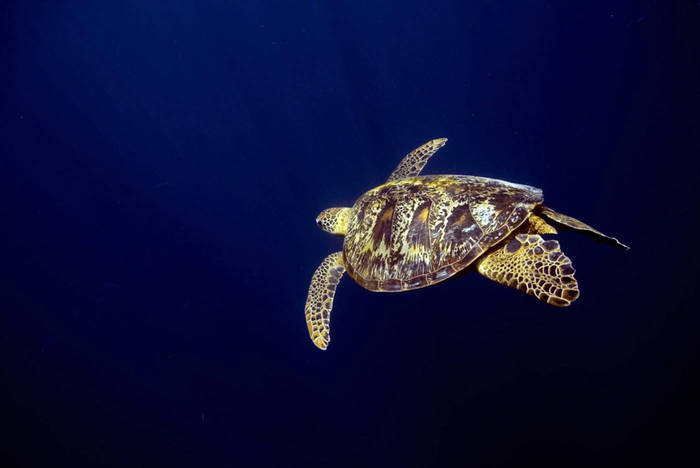

Tanzania & Zanzibar | turtles
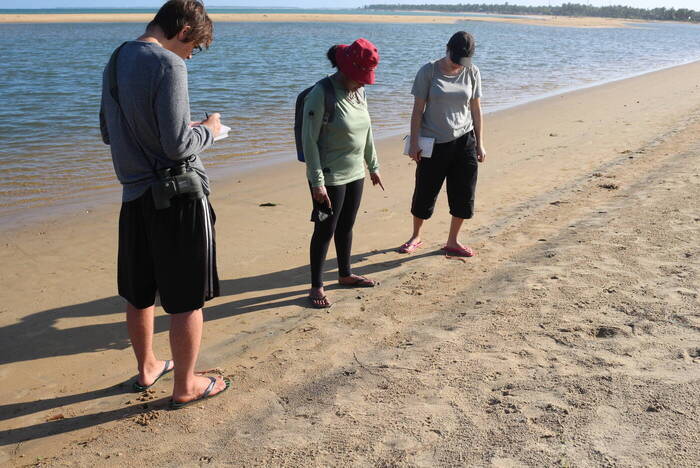

Sri Lanka | turtles
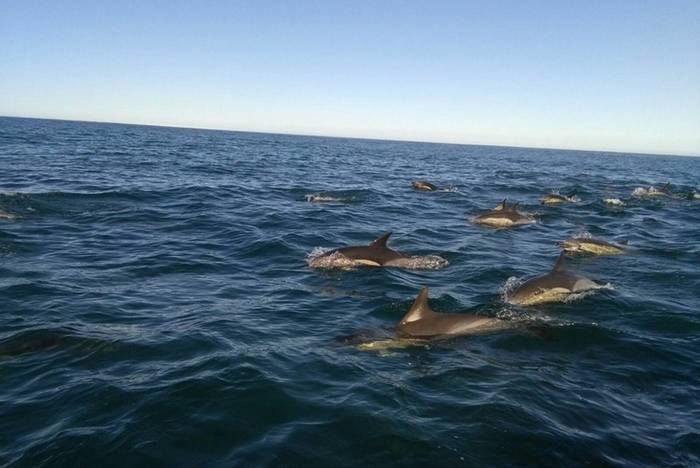

South Africa | Dolphins & Whales
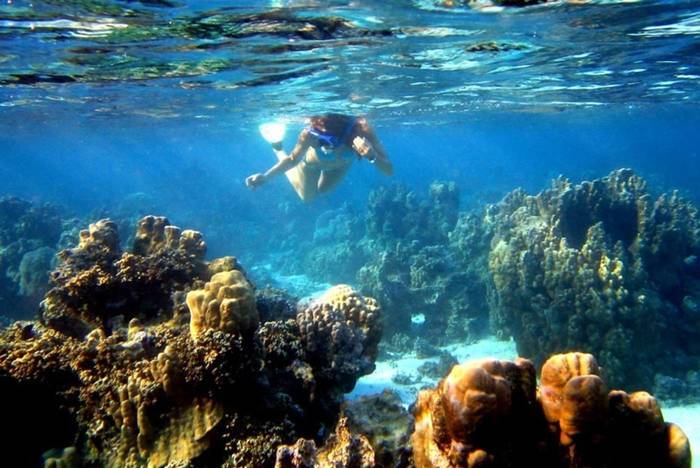

Dominican Republic | marine protection
